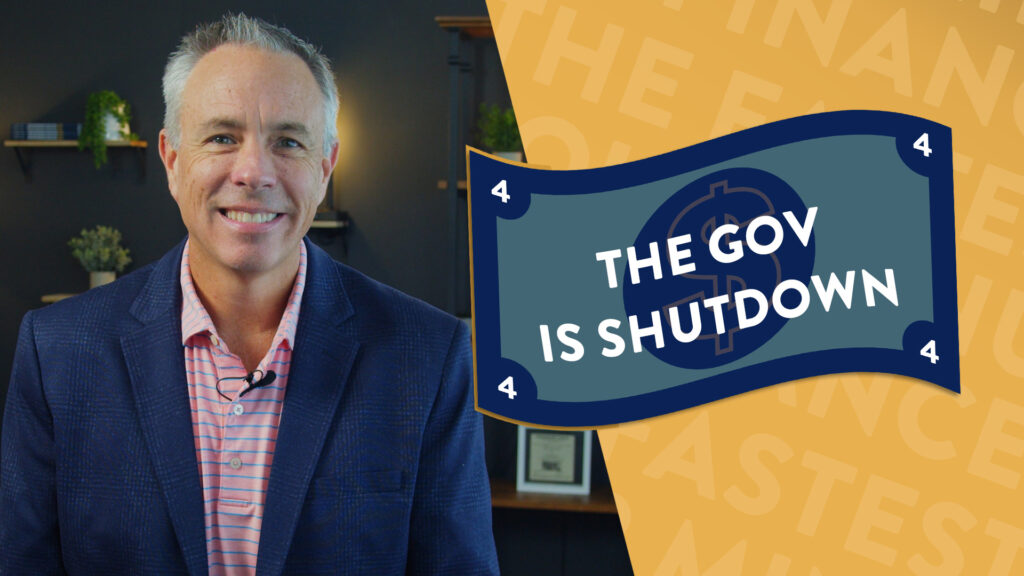Stock Market Resilience Despite Shutdown Fears
October is a seasonally weak month for the stock market, and with Indexes at all-time highs, it’s been remarkable so far, that investors have largely shrugged off worries about a government shutdown that started on the October 1st.
That could be because we are numb to it. It happened in 1995, 2013, 2018, and the list goes on. It happens when Congress fails to pass budget bills. This time, the hang up is over health care subsidies, Medicaid funding, and other budget tradeoffs. The Senate needed 60 votes for a short-term funding bill.
The impact of a partial government shutdown are immediate, and can be more detrimental the longer it drags on. The shutdown in late 2018 lasted 35 days.
Social Security, Medicare, and Medicaid During a Shutdown
Here are 3 things you need to know about how the government shutdown could impact you.
Social Security checks don’t stop. Social Security, as well as Medicare and Medicaid are mandatory spending programs funded independently of annual appropriations, so benefits continue during a shutdown. However, the administrative side is affected because some workers could be furloughed, which could delay things like benefit verifications, or issuance of Social Security cards, and some offices may be closed.
Stock Market Volatility and Federal Reserve Policy
There could be increased market volatility. The market doesn’t like uncertainty and the longer the shutdown lasts, the more investors could get jittery. Economic sectors more closely tied to federal spending could be hurt more. Some economist warn that if the shutdown drags on, it could also complicate the Federal Reserve’s policy decisions, due to delays in key economic data.
Real Economic Impact of a Government Shutdown
The economic implications are real. A shutdown interrupts the flow of paychecks for government employees, and that could have a very real impact on consumer spending. Some analysts warn each full week of a shutdown could shave a tenth of a percent off GDP. It also weighs on confidence in our government functioning, which can raise long-term borrowing costs.
The Bottom Line for Investors
Bottom line, the length of the shutdown will determine the severity of the impact. If it drags on, the economy could slow even faster than it already is. Stocks could experience volatility, and your account balances could take a hit. But, as we always say, short-term volatility is the price we pay for long-term growth. Stick to your plan for financial independence, and don’t make a bad long-term decision because of a short-term risk.
Securities are offered through LPL Financial, Member FINRA/SIPC. GenWealth Financial Advisors is an other business name of Independent Advisor Alliance, LLC. All investment advice is offered through Independent Advisor Alliance, LLC, a registered investment adviser. Independent Advisor Alliance, LLC is a separate entity from LPL Financial.





